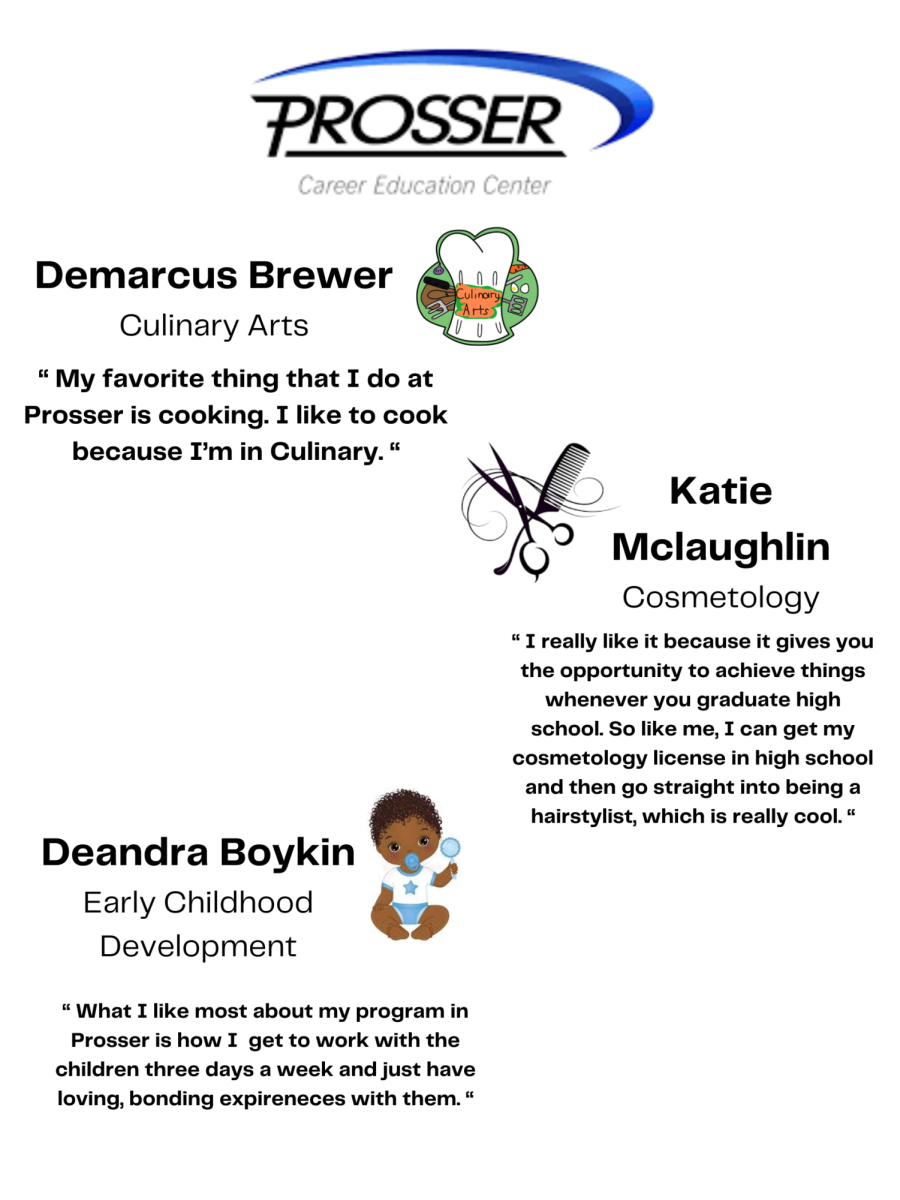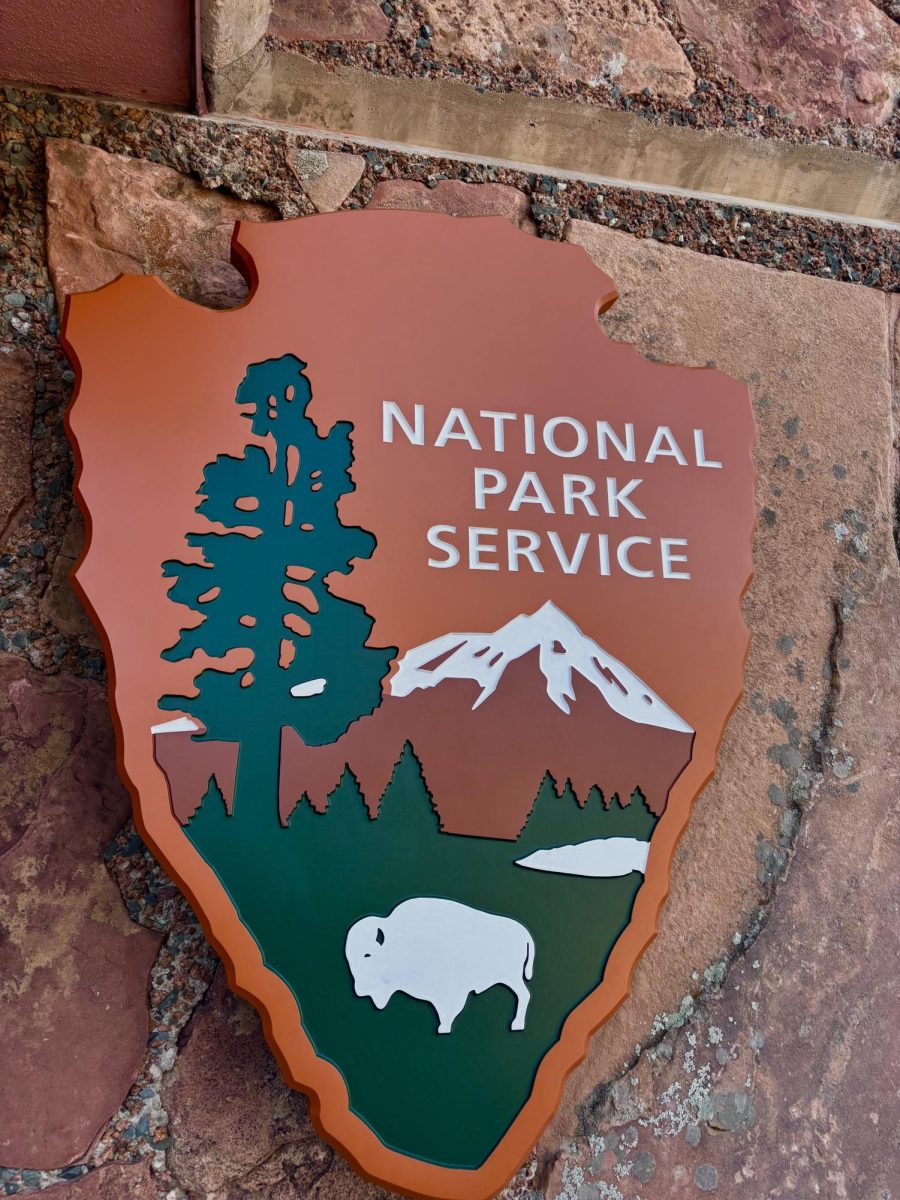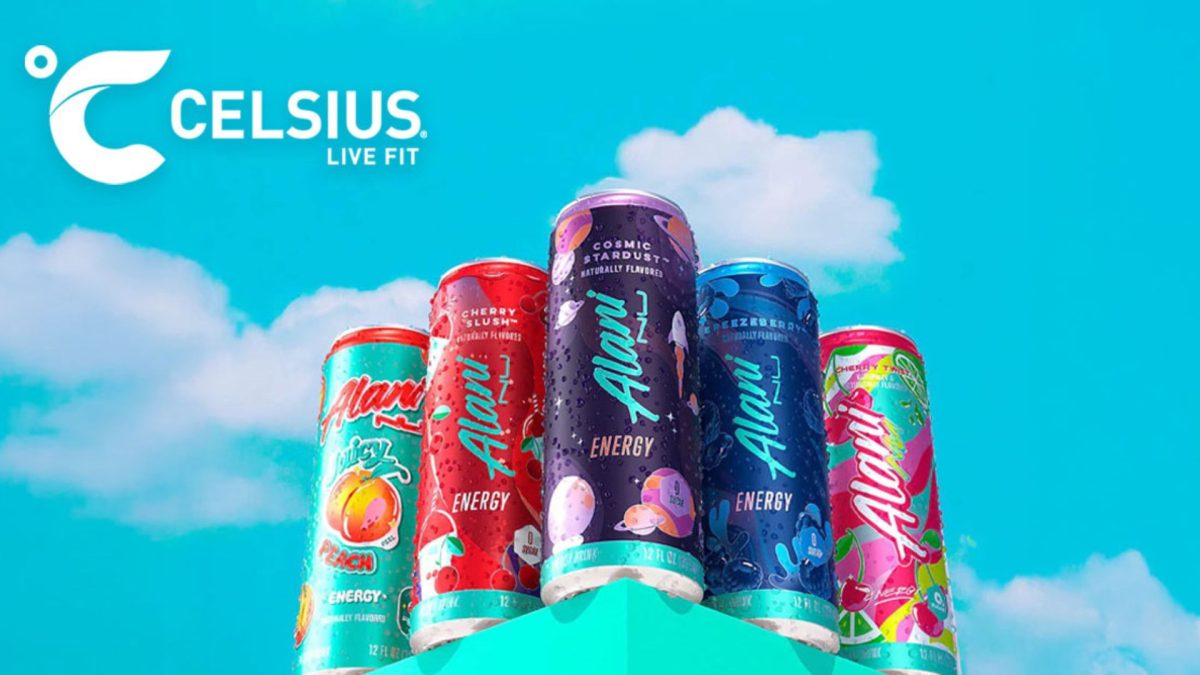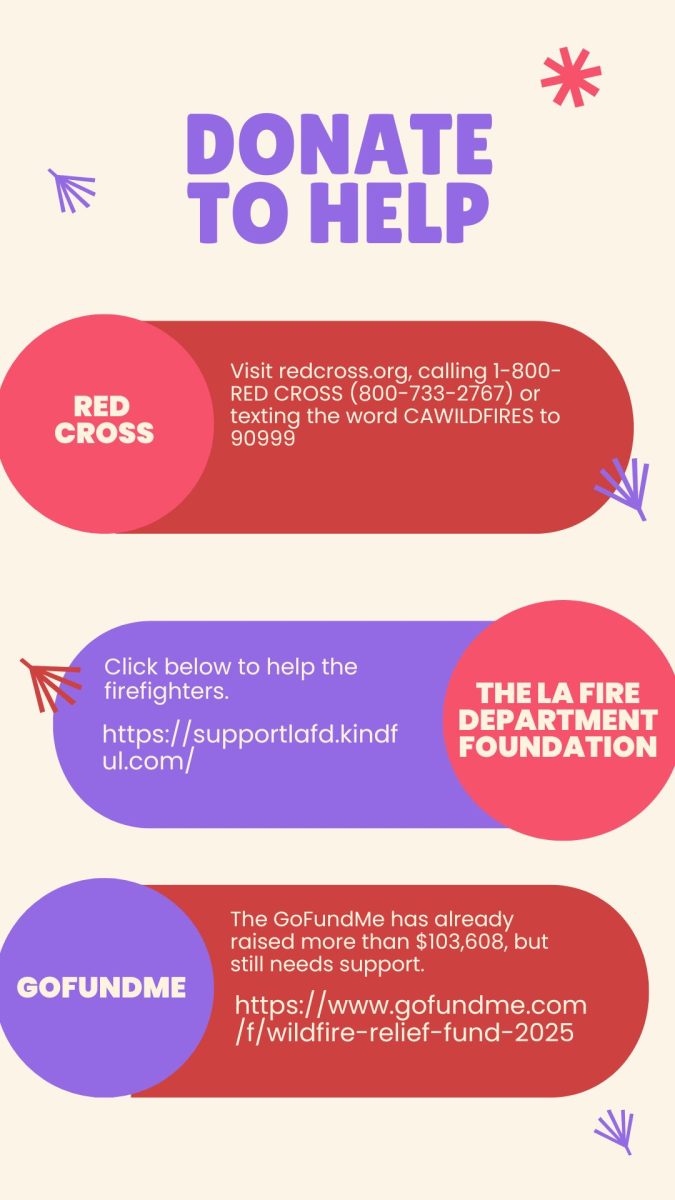By: Caroline Utz
While many teens look forward to their eighteenth birthday to experience newfound freedoms like tattoos and lottery tickets, others are ready to rock the vote.
On Election Tuesday, Nov. 8, first time voters were out and about to take part in their first election. By covering the election over the radio or TV, registering to vote in government class, or voting for the very first time, NAHS students were ready to exercise their democratic duty.
On the radio
Every year since 1973, NAHS has covered the local election through Mr. Lee Kelly’s Radio/TV program. Students are involved in every part of the process from picking up vote totals from each precinct to delivering the news over the TV or radio stations. Other major responsibilities include directing the program, audio engineering, and operating the cameras. Broadcasting straight from NAHS, students deliver the counts live.
“I felt pretty important,” junior election helper Phoebe Bauer said. “I felt like I was really a part of something good.”
Kelly estimates that over 60 students are involved in this tradition.
“Mr. Dusch’s TV Government classes and my Radio/TV classes provide the manpower to cover the election,” Kelly said. “This allows students to be involved at the voting polls, in the technical part of the radio/TV broadcast and on the air as the announcers.”
According to Kelly, the Republican and Democratic Headquarters have their radios and TV’s tuned into NAHS to receive the news first.
“Because of the great job that Mrs. Becky Schmidt, the administrative assistant for WNAS, does in planning and preparing for the broadcast and the fabulous job of the students, we are able to announce the winners before any other station,” Kelly said.
In the classroom
Educated voters begin in the classrooms. This year the social studies teachers ran a two-month crusade to encourage students to vote. Having registration forms readily available, teachers helped young patriots sign up.
While a 2006 study by the Center for Information and Research on Civic Learning and Engagement (CIRCLE) found that 72 percent of young Americans follow what’s going on in government and public affairs at least some of the time, US History and Government teacher Mr. Steve Bonifer recommends studying up on candidates before casting a vote.
“Go online to each candidate’s website and at least become familiar with them as far as their background and experience,” Bonifer said. “Most candidates are active on Facebook too.”
Though many high school students are notoriously skeptical of the political system and the value of voting, each vote truly does count.
“Four years ago, we had three races that were decided by less than 25 votes,” Bonifer said. “If too many potential voters take that attitude, it does make a difference. In New Albany’s primary election in May our turnout was only 17.5 percent, that’s pretty sad.”
At the polls
Though CIRCLE states that young voters without a college education are less likely to vote, plenty of NAHS students flocked to the polls last Tuesday. According to Bonifer, voting from a young age is crucial to becoming an educated voter later in life.
“If [students] do not vote when they are young, they will be reluctant to vote when they are older because they are ashamed that they do not know the procedure and will not want to embarrass themselves,” Bonifer said.
Heeding Bonifer’s advice, senior Kameron Jenkins was one of many young voters ready to make a difference. Jenkins decided to register because he felt it was his “civic duty” to vote.
To prepare for the election, Jenkins was careful to learn about the candidates and the issues before voting.
“I read up on the candidates,” Jenkins said. “I met and talked with some of them. They were all very close on their political issues which made the decision harder.”
After participating in his very first election, Jenkins is certain he will vote in upcoming elections as well.
“I know that I will vote in the next election,” Jenkins said. “It gives me the feeling that I participated in electing a new official.”






